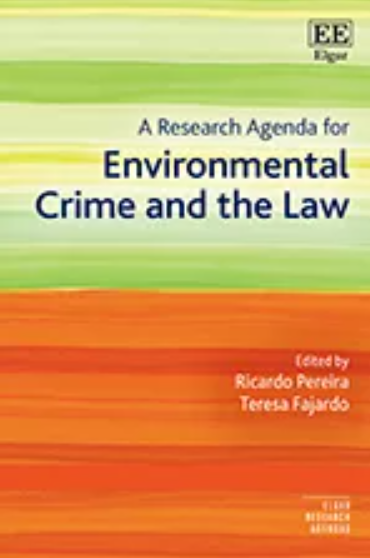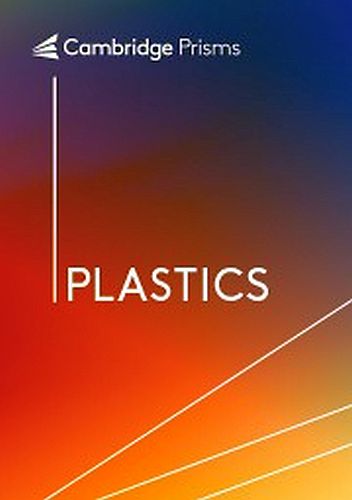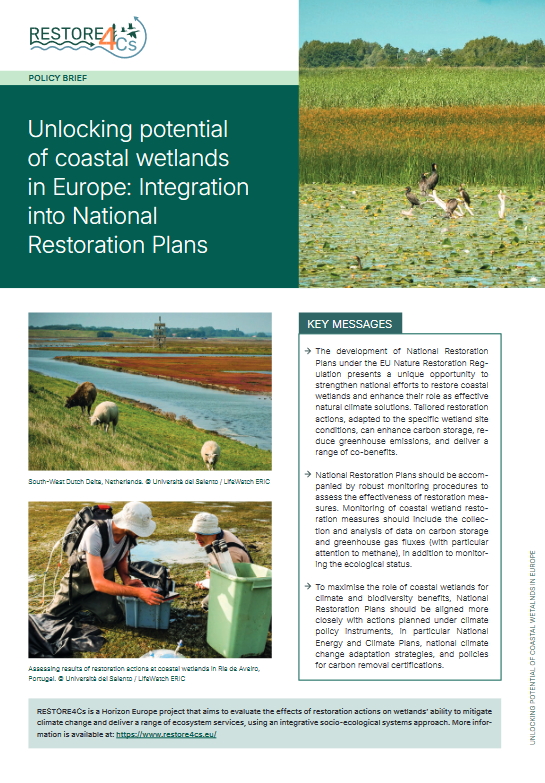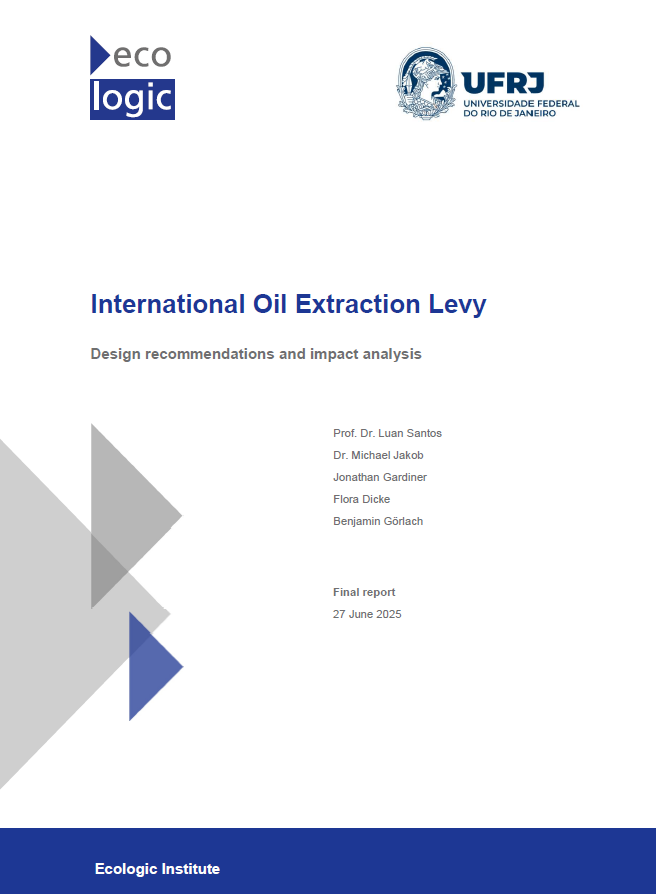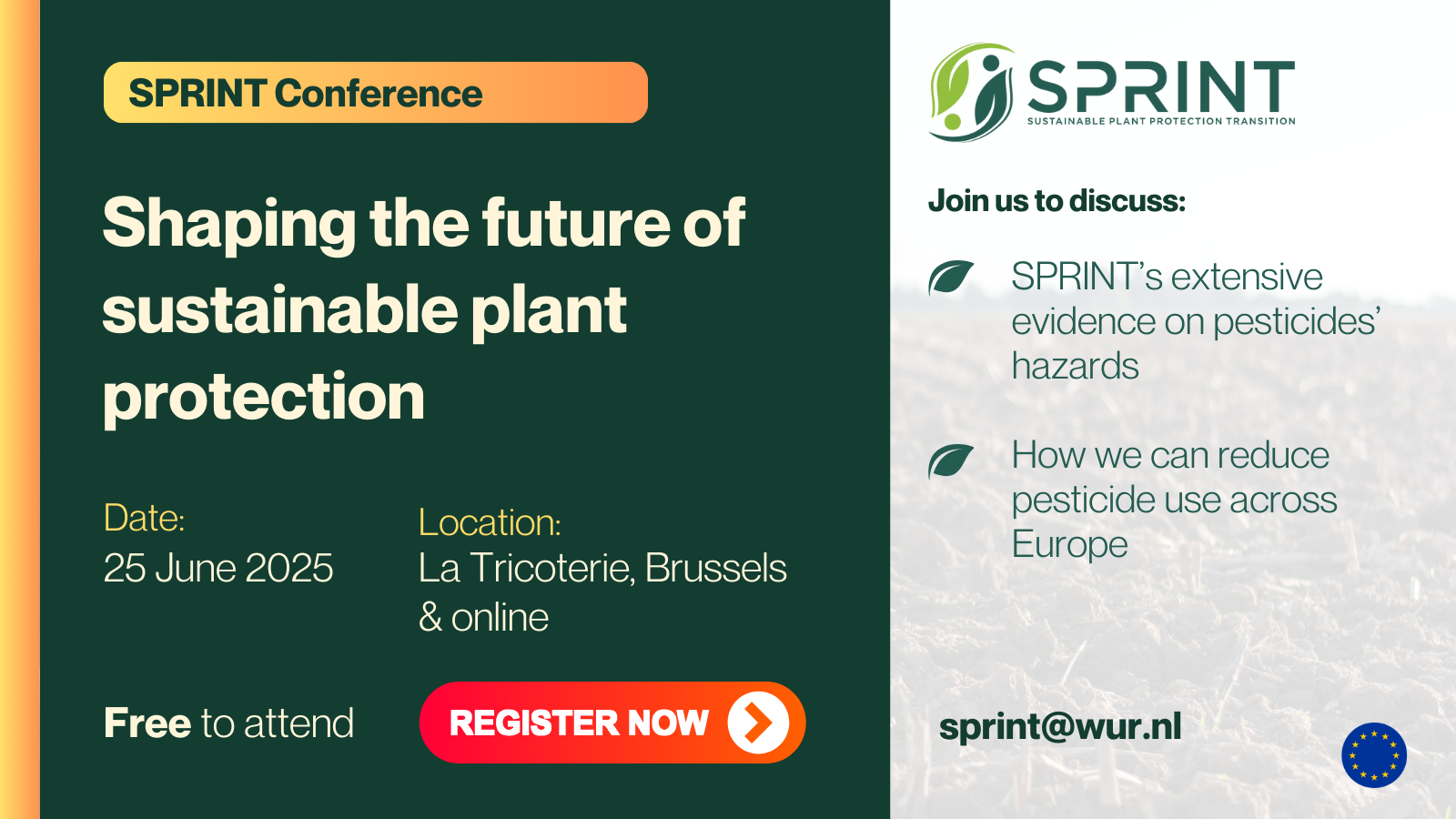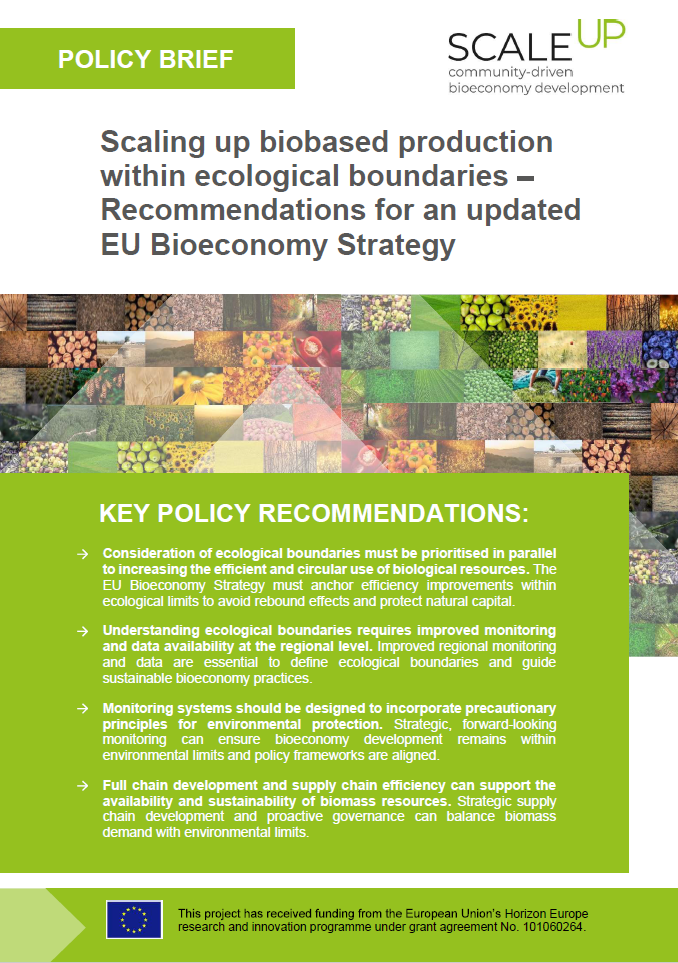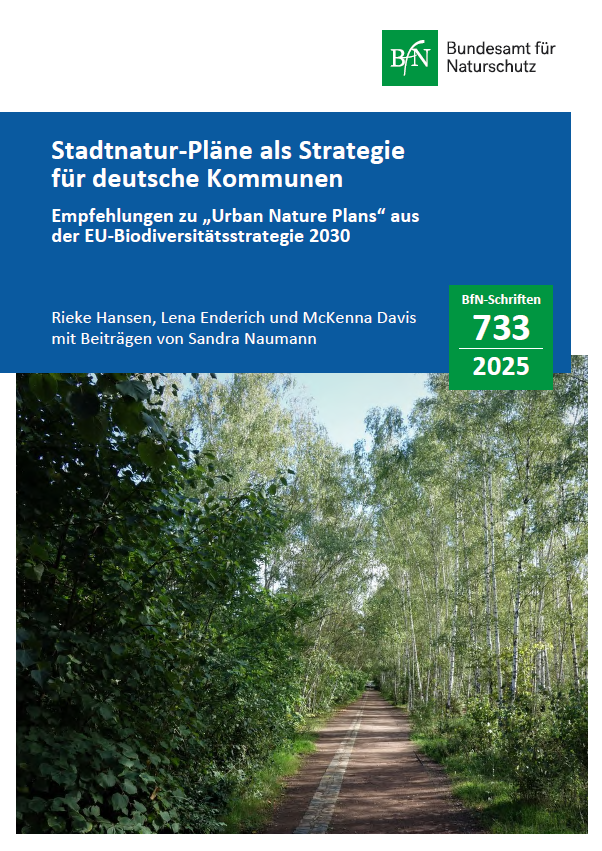Job
Publication:Report
Staying the Course in Turbulent Times
Insights on the current state and ways forward for the EU's climate, energy and finance policy architecture
Year
Read morePublication:Book Section
Climate Change and Criminal Justice
Chapter in A Research Agenda for Environmental Crime and the Law
Year
Read morePublication:Article
Event:Conference
Ecologic Institute turns 30
A special evening to reflect, connect, and celebrate
Berlin,
Germany
Publication:Policy Brief
Unlocking potential of coastal wetlands in Europe: Integration into National Restoration Plans
A Policy Brief from the RESTORE4Cs project
Year
Read morePublication:Report
Publication:Report
Mapping Policy and Co-operate Initiative Landscapes for Systemic Change Towards a Nature-positive Economy
GoNaturePositive! Report
Year
Read morePublication:Policy Brief
Event:Conference
Shaping the Future of Sustainable Plant Protection
Final Conference
online and Brussels,
Belgium
Publication:Document
Publication:Policy Brief
Scaling up Biobased Production within Ecological Boundaries
Recommendations for an updated EU Bioeconomy Strategy
Year
Read morePublication:Report
Stadtnatur-Pläne als Strategie für deutsche Kommunen
Empfehlungen zu "Urban Nature Plans" aus der EU-Biodiversitätsstrategie 2030
Year
Read moreNews
